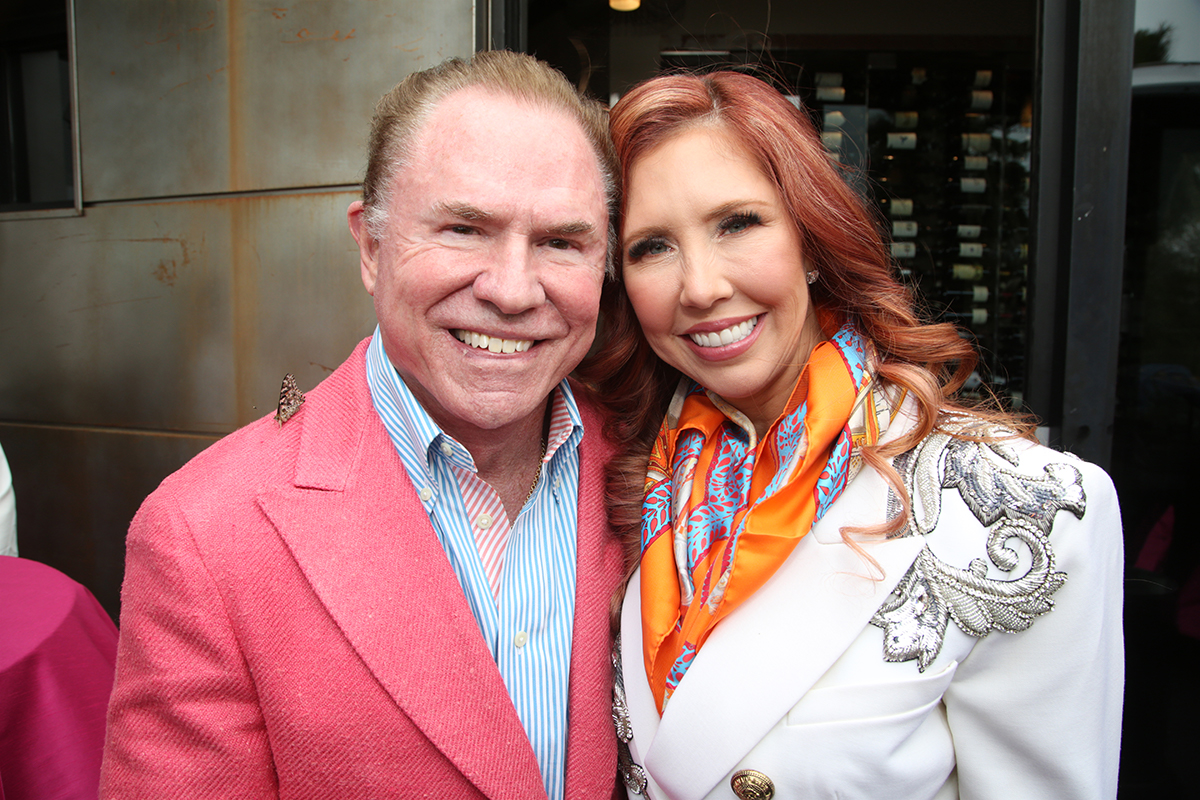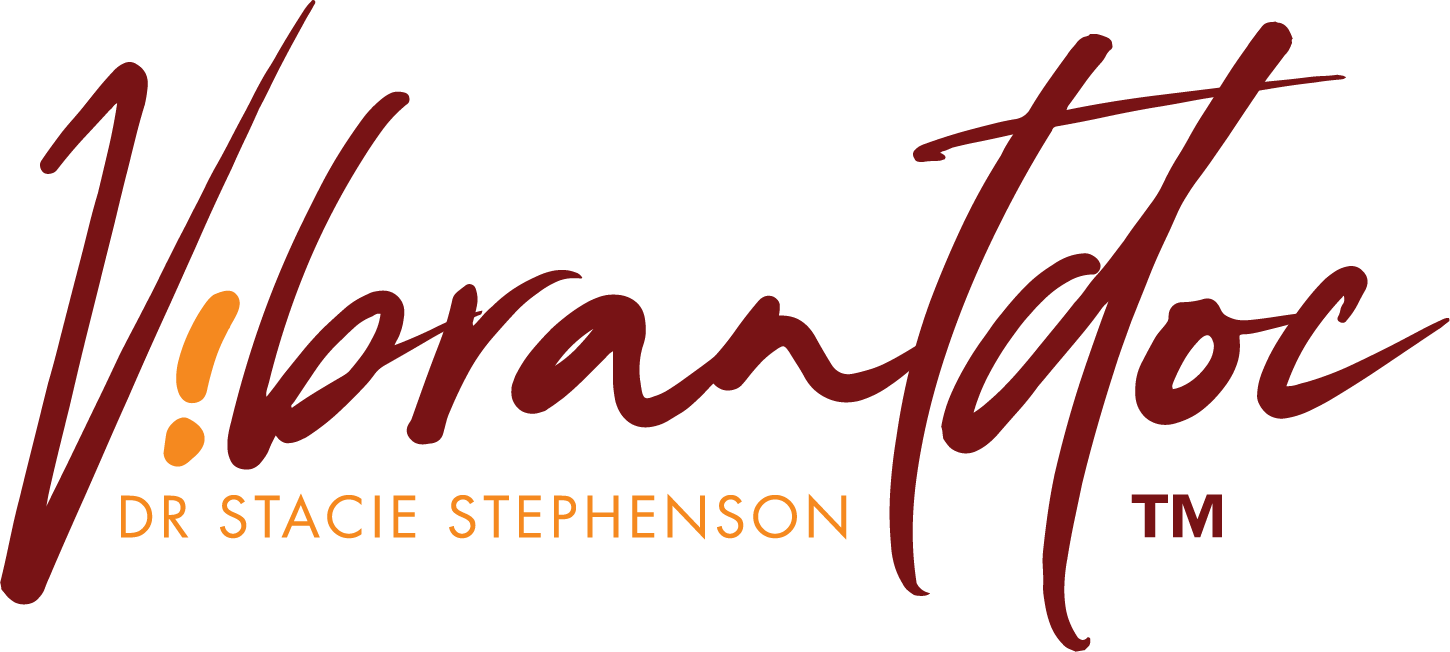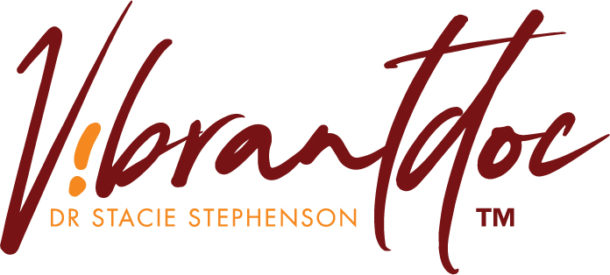Can a man be vibrant? Let’s see. Great skin? Good posture? An engaged and lively expression? Strong muscles? Easy movement? Great endurance? A healthy heart? Lots of energy? Confidence? Passion? That sounds vibrant to me, and also what men want, according to what many of my male patients have confided to me over the years I was in private practice. In honor of father’s day and Men’s Health Month this June, let’s talk about how men can get from where they are now to this picture I’ve just described, of a vibrant man.
The Vibrant Triad is the key. I use it when I advise women, and I use it when I advise men, because its three sides are made up of the three foundational principles that create health and vibrancy in anyone. These foundations are what you eat, how much you move, and how well you connect with others. The key to improving these lifestyle elements is to start where you are and progress incrementally at a speed you can maintain, rather than trying to do everything at once. That goes for everyone, but there are some things to know that especially apply to men, so let’s explore the Vibrant Triad through the masculine lens.
What You Eat

First of all, some good news for the fellas (ladies, don’t let this throw you): Multiple studies comparing dietary interventions for weight loss showed that when they did exactly the same thing, men almost always, across the board, lose significantly more weight and significantly more body fat than women. Whether it’s reducing caloric intake, increasing protein, decreasing fat, or combining improved diet with more exercise, men seem to lose more weight faster and maintain the weight loss over time.
That means that if your dietary habits aren’t that great right now or if you have some body fat to lose, a few simple changes will likely have great and speedy results for you. You’ll see the payoff faster and it will be more obvious than it might be for women (one exception, ladies: you tend to do great on a Mediterranean diet!). I hope that’s an inspiration to you to cut back on the sugary, fatty, and processed food and focus on more nutrient-dense whole foods, like more vegetables, seafood, low-sugar fruit, nuts and seeds, and legumes.
But maybe you want more guidance than that. There have been some studies specifically looking at what diets tend to be most successful for men. A 2009 study consisting of 86% men with an average age of 52 showed that when comparing low-fat/restricted-calorie, Mediterranean/restricted-calorie, and low-carbohydrate/unrestricted calorie diets, men lost the most weight in the low-carb group and had the most improvement in cholesterol numbers. However, among those subjects with diabetes, glycemic control was most favorably improved with the Mediterranean diet.
Intermittent fasting is another method of eating that seems to benefit men, specifically in terms of increasing growth hormone and, by extension, encouraging maximum muscle growth. We’ve known for some time that fasting increases growth hormone, so eating during an 8- to 10-hour window and fasting for the other 14 to 16 hours (including when you are sleeping) may help maximize muscle growth from exercise. If improving testosterone is your goal, however, you might consider a plant-based diet which, contrary to popular assumption, tends to increase testosterone levels.
One more man-centric dietary tip: Multiple studies have linked dairy consumption with prostate cancer, so while I don’t recommend a lot of dairy for anyone, I especially caution men to lay off the cheese. Not every study supports the link, but the connection is compelling enough, in my opinion, to be worth avoiding dairy.
How You Move

Exercise, too, seems to result in quick and dramatic results for men. Men lose weight and fat faster than women when they exercise. Lucky you! They also gain muscle mass more easily, and benefit from all the other great perks of exercise, like better mood, better memory, and a lower risk of death from all causes. Exercise reduces the risk of many chronic diseases (I might even say most chronic diseases), including heart disease, especially in men with no symptoms of heart disease. It also reduces the risk of type-2 diabetes in middle-aged men, especially among those with a high risk of diabetes, as well as many kinds of cancer. And it increases life expectancy.
You might also be interested to know that men with lower body fat and men who exercise for at least 30 minutes per day have a much lower risk of erectile dysfunction. A 2019 study demonstrated that exercise is at least as effective as medication for treating erectile dysfunction, probably because erectile function is affected by nitric oxide and testosterone, and exercise increases both nitric oxide and testosterone levels. It also increases confidence and positive body image, which can also help with attraction response. The study concluded that exercise should be considered as a first-line intervention for erectile dysfunction. It’s also likely a good way to prevent erectile dysfunction in the first place.
On top of all these benefits, it appears men just enjoy exercise. One study discovered that women tend to exercise for a reason, such as to lose weight or tone muscles, while men tend to exercise just for fun. In the study, for women, quality of life was most impacted by the successful achievement of their exercise goals, while for men, quality of life was most associated with simply the fun of exercising. So go on, guys! Getting more vibrant is fun!
How Well You Connect

Everybody loves to reference those studies that show that across-the-board, men are happier, healthier, less stressed, and longer-lived, when married (something that is not as consistently true for women, interestingly, although we too benefit greatly from happy, supportive partnerships), and that men who have never been married are significantly more likely to die prematurely.
The truth is, most people benefit from a healthy marriage, but in my experience, women tend to have a wider circle of supportive friends, whereas many men rely largely on their partners for emotional support. There are many exceptions, of course, and I love seeing guys who stay in touch with their friends after they get married, but guys, whatever your relationships—spouse, partner, friends—nurturing those relationships will help you stay healthier, both physically and mentally.
Research has shown, time and time again, that the least social people die sooner than the most social people, and that those with more social ties are more likely to survive when they get sick. Social support reduces heart disease risk, high blood pressure, cancer risk, and improves cancer recovery. It even speeds wound healing! It also decreases inflammation, fires up the immune system, and keeps people more physically mobile, as well as less likely to get depressed. These are all good reasons to remember that connection with other people is absolutely foundational for health, so prioritize those relationships while you are also prioritizing good dietary habits and more exercise.
The bottom line for men is that you get to decide how healthy you want to be. That is the core message from me to you: Your health is in your hands. Your lifestyle is your choice. If you want to feel good, live long, and be happy, get these foundations under your belt now. Those who love you are there to help (even though we all know you hate to ask for directions!).


